Edith Cavell honoured with weekend of anniversary commemorations
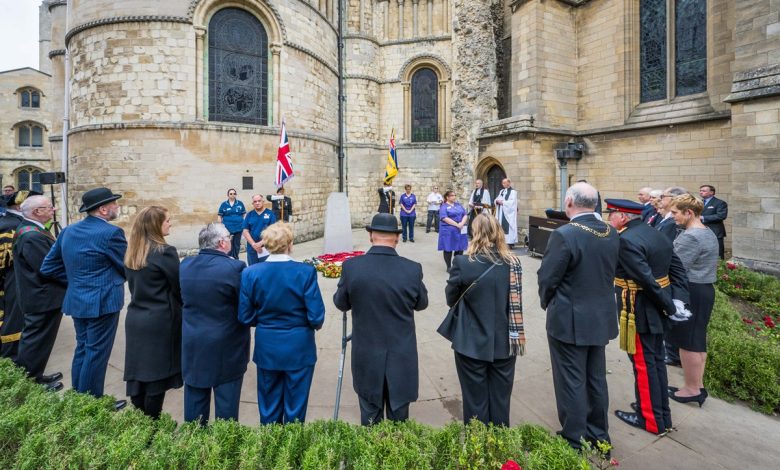
Remembering Edith Cavell: A Nurse’s Courage and Legacy
Norwich Cathedral recently hosted a poignant commemoration marking the 110th anniversary of Edith Cavell’s death – a Norfolk nurse whose extraordinary courage during the First World War continues to inspire generations. The weekend-long event drew attendees from across Europe and America, including nurses, military representatives, civic dignitaries, and scholars, all gathered to honor this remarkable woman who paid the ultimate price for her compassion and principles. On October 12, 1915, Edith was executed for helping more than 200 Allied soldiers escape from German-occupied Belgium, where she had nursed wounded soldiers from both sides of the conflict with equal devotion. Her final resting place at Norwich Cathedral has since become a site of pilgrimage and remembrance for those touched by her story.
The Reverend Dr. Peter Doll, Norwich Cathedral’s Canon Librarian and Vice Dean, emphasized the enduring relevance of Edith’s legacy: “The inspiration she provides is always fresh. Her words and witness speak as directly to us today as they did to her own time.” This sentiment perfectly captures why Edith’s story resonates across generations – her unwavering commitment to humanitarian principles transcends time and circumstance. The Cathedral organized the commemoration with deep appreciation for participants who traveled from near and far, recognizing that Edith’s story belongs not just to Norfolk but to the world. Her famous declaration that “patriotism is not enough” followed by her assertion that she “must have no hatred or bitterness towards anyone” has become a powerful statement against the dehumanizing effects of war and nationalism.
The weekend’s events began with a solemn graveside commemoration on Saturday, allowing attendees a moment of quiet reflection at Edith’s final resting place. This was followed by an especially significant symposium titled “New Insights into Edith Cavell’s Life and Legacy,” where researchers presented fresh perspectives on various aspects of her life, work, and continued influence. For those unable to attend in person, the Cathedral made a recording of the symposium available on their YouTube channel, ensuring that these scholarly contributions could reach a wider audience. These academic explorations help deepen our understanding of Edith not merely as an icon or symbol, but as a complex human being who made extraordinary choices in extraordinary times.
Throughout the weekend, services at the Cathedral incorporated deeply personal elements connected to Edith’s final hours. Most moving among these was the use of the actual communion set that Edith had used on the night before her execution – a profound tangible link to her final moments of spiritual reflection. Sunday’s Evensong featured Canon Jack MacDonald, Chaplain-General of the Anglican Central Committee in Belgium and a Canon of Holy Trinity Brussels, where Edith had worshipped during her final year in Belgium. His presence created a meaningful connection between Edith’s spiritual homes in Belgium and England, emphasizing how her story bridges national boundaries just as her humanitarian work did.
Visitors to the Cathedral during the commemoration weekend also had the opportunity to explore a thoughtfully curated exhibition titled “Edith Cavell in her own voice.” Rather than merely presenting facts about her life, this exhibition took the more intimate approach of allowing Edith to speak for herself through her writings, paintings, and personal possessions. Among these items was a particularly touching inclusion – representations of Edith’s dog Jack, a reminder of her humanity and the simple pleasures and relationships that made up her life beyond her famous acts of heroism. This exhibition, which remains open until December 23rd, offers visitors a chance to connect with Edith as a multidimensional person rather than just a historical figure.
As the Cathedral lights dimmed at the close of the commemoration weekend, the enduring question that lingered was not just what Edith Cavell did, but who she was and what she represents for us today. In an era of increasing polarization, her example reminds us that compassion need not distinguish between “us” and “them,” that courage can be quiet as well as dramatic, and that principles worth living for may sometimes become principles worth dying for. Norwich Cathedral’s thoughtful commemoration served not merely as a historical remembrance but as an invitation to consider how Edith’s example might inform our own responses to the moral challenges of our time. As visitors continue to explore the exhibition and reflect at her graveside in the coming weeks, Edith’s simple nurse’s uniform continues to cast a long shadow, challenging us to examine our own capacity for moral courage when faced with injustice and suffering.




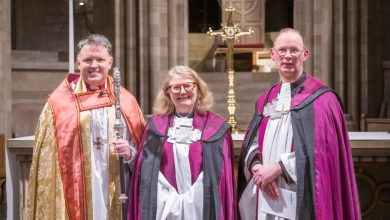
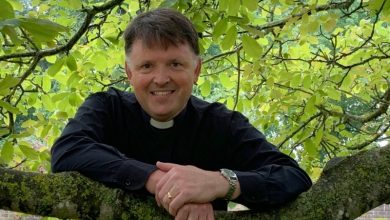

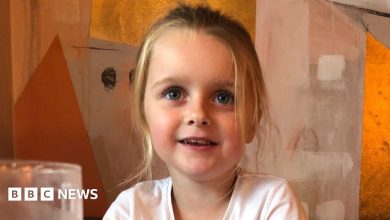
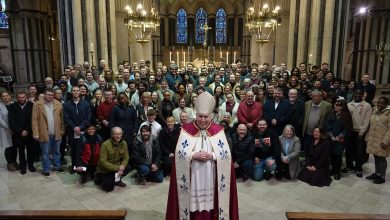
**mitolyn**
Mitolyn is a carefully developed, plant-based formula created to help support metabolic efficiency and encourage healthy, lasting weight management.